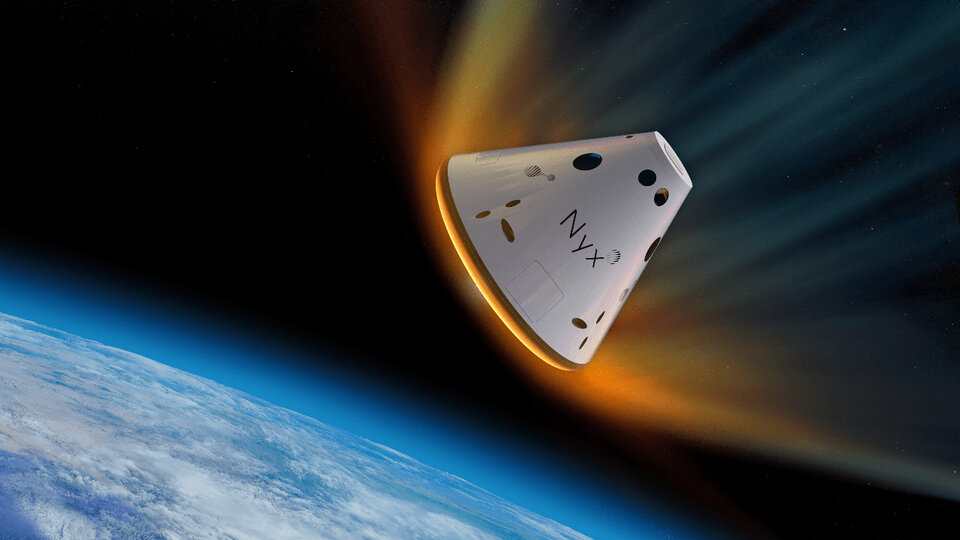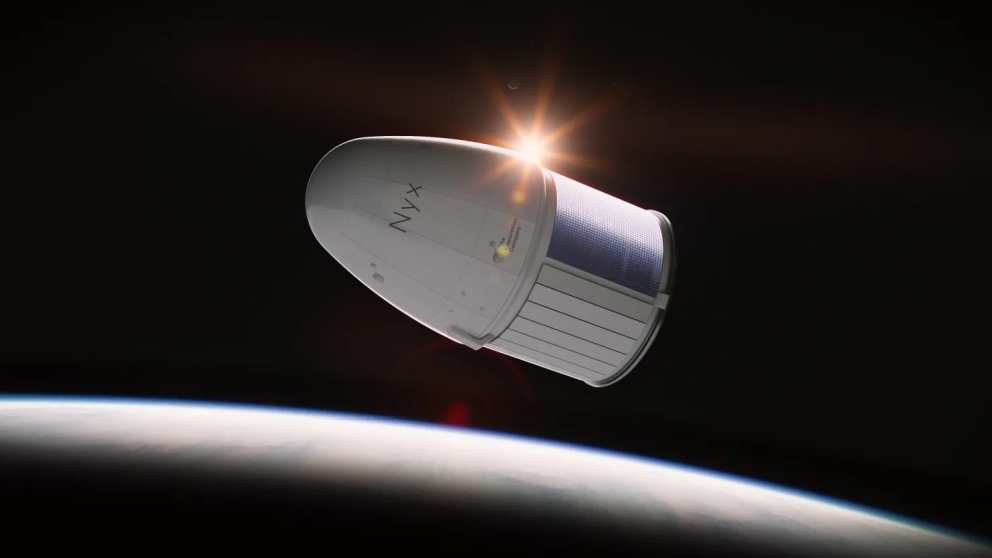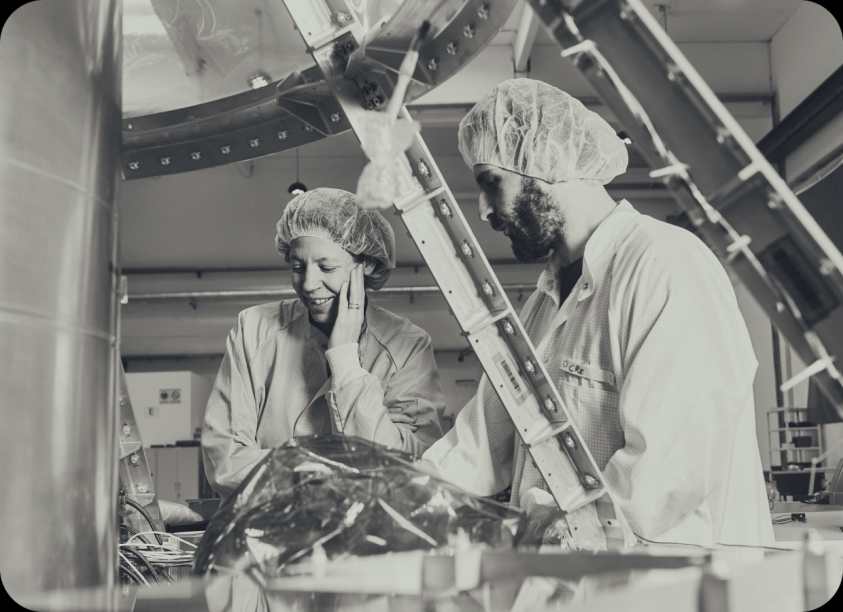Space startup The Exploration Company raises $160M to develop reusable capsule, positioning itself as Europe’s answer to SpaceX

Even as SpaceX dominates the space industry, investors are placing their bets on emerging startups that could fill gaps in a less crowded market. Among these is The Exploration Company (TEC), a Munich-based space startup making waves with its ambitious plans.
On Monday, The Exploration Company announced it has raised $160 million in funding to develop Nyx, a reusable capsule designed to carry astronauts and cargo to space stations, firmly positioning itself as Europe’s answer to SpaceX.
The funding round, led by Balderton Capital and Plural, also saw contributions from French Tech Souveraineté and Germany’s DeepTech & Climate Fonds, two government-backed investment vehicles. With reusable space technologies gaining traction, TEC’s innovations could redefine Europe’s role in the global space economy.
Founded in 2021 by Hélène Huby (CEO) and a team of veteran space engineers, TEC has offices across Germany, France, and Italy, as well as in Houston and the Middle East. The company holds the distinction of being the first European startup to sign a Space Act Agreement with NASA.
At the heart of TEC’s vision is Nyx, a capsule designed for versatility and reusability. Once it delivers its payload, Nyx can re-enter Earth’s atmosphere and prepare for its next mission.
“It’s a big market, and it’s growing about a bit more than 10% per year because more nations want to fly their astronauts and more nations want to go to the moon,” Huby told CNBC in an interview.
The demand for transporting people and cargo to space stations is rising, with limited players currently serving this market. SpaceX’s Dragon capsule is the primary competitor, alongside options from Russia and China.
Huby emphasized the importance of Europe developing its own space capabilities, adding that the world needs viable alternatives rather than depending entirely on SpaceX.
“We said, ’okay, let’s build this capacity in Europe so that Europe can have its own capsule and also the world needs an alternative solution. [We] cannot only bet on SpaceX,” Huby said.

TEC is already advancing its plans. The second iteration of Nyx is set for launch next year, with the final version targeted for 2028, partially financed by the European Space Agency. The company has also secured $800 million in contracts, including missions with Starlab, which is developing a new space station, and Axiom Space.
The global space race is heating up, with nations like China, India, and the U.S. ramping up their activities. NASA’s Gateway, the first lunar orbiting space station, is among the most ambitious projects underway. This surge in activity underscores the need for reliable cargo and personnel transport systems.
As demand grows, Huby envisions TEC playing a crucial role in the development of technologies capable of safely returning cargo from space to Earth. “This is where we believe Nyx will make a significant impact,” she said.
With its innovative approach and strong investor backing, TEC is poised to challenge established players and strengthen Europe’s position in the rapidly evolving space sector.





